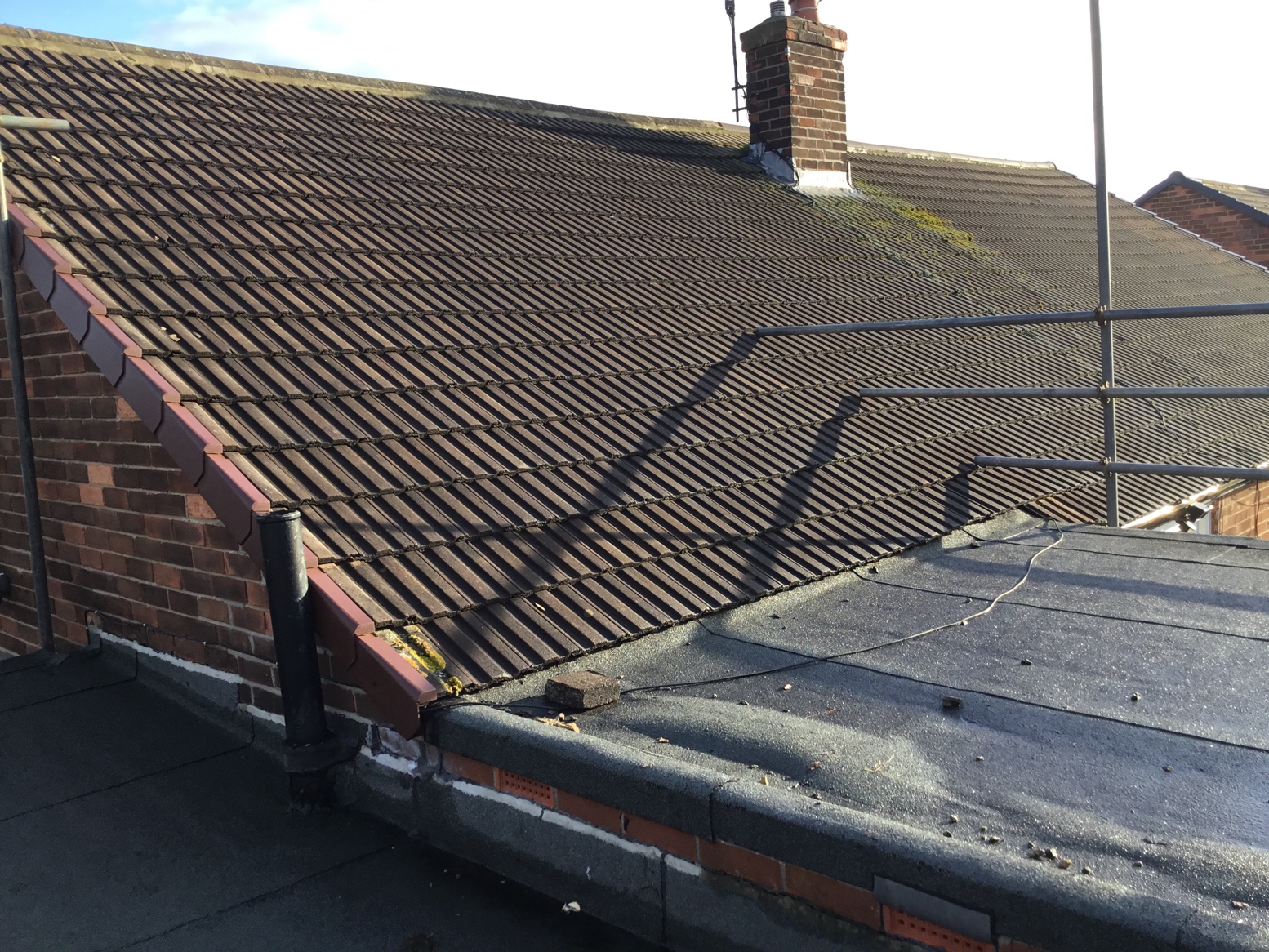
In a typical Canadian household, approximately 45% of the power that is consumed is used for heating and cooling.
Since your HVAC system accounts for such a high percentage of your power usage, it pays to keep it in good shape.
Through regular maintenance, you can help it run more efficiently, which can result in lower power bills over time.
Along with choosing the right furnace for your home, you should sign up for a maintenance plan with a local HVAC furnace repair service company. By periodically having your system inspected by a professional, you can keep your furnace in great shape so that it continues to operate efficiently.
Seven Essential Maintenance Tips For Furnaces
Homeowners often make the mistake of waiting until something goes wrong to have their furnace serviced. By the time issues appear, however, the system usually has already been damaged. Spotting any problems early on is the best way to keep your heating system working the way that it should, regardless of how often you use it.
By staying on top of maintenance, you can be sure that your furnace is ready to use whenever you need it. Following the steps below is the best way to keep your furnace in great shape.
1. Regularly Check Your Filter
Your furnace filter plays an essential role in heating your home. The filter is usually placed between the furnace and the return air duct. It is designed to block particles or debris so that they don’t enter the furnace. Filters capture everything from dust and pet dander to pollen, bacteria, spores, and dust mites.
Cheap filters are designed to capture the majority of airborne contaminants that you may find in your home, meaning that they are adequate for most homeowners. For people with asthma, allergies, or other respiratory issues, however, going with a higher-priced air filter could be a better option since more expensive filters tend to capture a higher percentage of airborne particles.
If the air filter becomes dirty, it could block airflow through the system, resulting in reduced efficiency. Cheap air filters usually need to be replaced every one to three months, while pleated filters that cost a little bit more typically last three months or longer. Several factors can affect the lifespan of a filter, including your indoor air quality and the quality of your furnace. Follow the manufacturer’s guidelines regarding filter replacement. Alternatively, you can talk to one of our qualified HVAC technicians for advice on how often to clean or replace your furnace filter.
2. Verify That The Blower Motor Is Working Properly
Air is moved through your heating system by a fan that is powered by a special blower motor. The heat exchanger is warmed up by the heating elements in the furnace. Once it is warm enough, the blower motor begins moving air through the system. When it passes through the heat exchanger, the air is warmed. It then makes its way through the ductwork to all of the rooms in your home. In homes that have air conditioning, the blower motor usually does double duty, moving air through both the furnace in the air conditioning system.
The air filter is also placed close to the furnace blower. Blower motors are made up of many different parts. If they aren’t properly maintained, they can easily malfunction. Any noises coming from the blower on your furnace could mean that there is a problem with the blower wheel or with the motor. High-pitched, piercing noises usually occur when two different surfaces that are made out of metal are rubbing against each other. One common scenario that can lead to noises like these is if the blower wheel begins rubbing against the internal housing of the blower motor after coming loose from the shaft. The best way to discover where the noise is coming from is to have a qualified technician inspect your system. This allows them to make any necessary repairs before your furnace sustains significant damage.
3. Make Your Home Easier To Heat
Air leaks or other problems with the exterior of your home can make your property much more difficult to heat. To minimize the heat load, make sure that any cracks or openings in the envelope of your home are properly sealed. One excellent way to locate areas where air is escaping is by scheduling an energy audit of your home.
With the help of high-tech tools like infrared cameras, a specially trained HVAC technician can spot any problems that could be reducing the energy efficiency of your home. They can then help you come up with a plan to fix any issues that they discover. For instance, they may recommend adding weather stripping to your doors and windows, increasing the amount of insulation that you have in your attic, or sealing any openings in your ductwork.
4. Make Sure Your Vents Aren’t Blocked
Proper air circulation is essential if you want your home’s heating system to work at optimum efficiency. Along with properly maintaining your furnace, you also need to make sure that your vents aren’t blocked. If you have any furniture or other items covering the vents, air won’t circulate properly through your home. This forces your furnace to work harder, which reduces its efficiency. The extra strain on your furnace also shortens its lifespan.
5. Make Sure The Exhaust Flue Is Unobstructed If You Have A Gas Furnace
Gas furnaces give off several harmful fumes including nitrogen dioxide, sulfur dioxide, and carbon monoxide. If the exhaust flue is obstructed, these fumes can’t escape from your home. Instead, they build up inside, where they pose a serious threat to your health. Exposure to fumes like these can cause dizziness, nausea, headaches, fatigue, and heart palpitations. Serious issues like loss of consciousness, collapse, and death can also occur.
A blocked exhaust flue or back-drafting can keep the gases resulting from combustion from properly escaping from your home. Any suspected issues should be addressed right away to prevent serious health problems or death.
6. Avoid Storing Anything Flammable Close To Your Furnace
In most homes, the furnace is located in an out-of-the-way area such as a storeroom, crawl space, or basement. The area around your furnace needs to be kept clear. Any flammable items such as aerosol cans, paint, cardboard boxes, clothing, gasoline, or other potentially dangerous items should never be kept next to your furnace or your water heater. Instead, store them in a separate area to reduce the risk of fire.
7. Keep Your Ductwork And Vents Clean
Maintaining your HVAC system is the best way to keep it operating efficiently. Each time the seasons change, give your system a quick once-over. Make sure that all of the vents are clear and that the floor registers are not blocked. Vacuum out the registers to remove any dust, debris, or pet hair. Dirty ductwork can lead to a less efficient heating system. If necessary, hire a professional to come in and clean your home’s ductwork. This is particularly beneficial if you have recently renovated your home or if you have not had your ductwork cleaned for a number of years.




 POSTED BY
POSTED BY 

